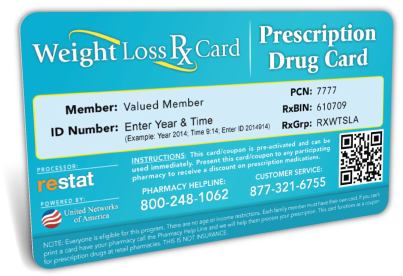The short answer to that question is: Absolutely. Hormones are chemicals the body produces to regulate various processes, including appetite, body fat distribution and metabolism. Studies have found that people who are overweight or obese, often have hormone levels that contribute to a sluggish metabolism.
If you have not changed your eating, exercise or lifestyle habits but suddenly gained a substantial amount of weight, you may want to have your hormones checked. Hormonal imbalances may be the culprit. Ask your doctor to check your insulin, thyroid hormone, sex hormones (PCOS, menopause, and testosterone) and stress hormones (cortisol).
Insulin is the "Fat" hormone. This hormone promotes the absorption of glucose into the cells to provide energy. Once the cells have been filled, the excess glucose is stored as fat. The body can produce too much insulin in response to excessive amounts of glucose in the blood stream. The higher the level of this hormone, the more fat will be stored.
Thyroid hormones are accountable for the speed at which our bodies burn fat. If diagnosed with hypothyroidism, meaning your thyroid gland is slow and isn't producing enough hormones, your body will burn fat at a slower rate and your energy levels will be low. You may feel slothful often and your metabolism won't be functioning at prime levels, which may lead to weight gain, lethargy and depression.
Cortisol, the Stress Hormone, can lead to weight gain. Cortisol is a hormone that has many actions, such as maintaining blood pressure and ensuring the body gets the energy it needs. Studies have proven that high levels of cortisol lead to weight gain. It was noted that fat was commonly being stored mainly in the abdominal area.
